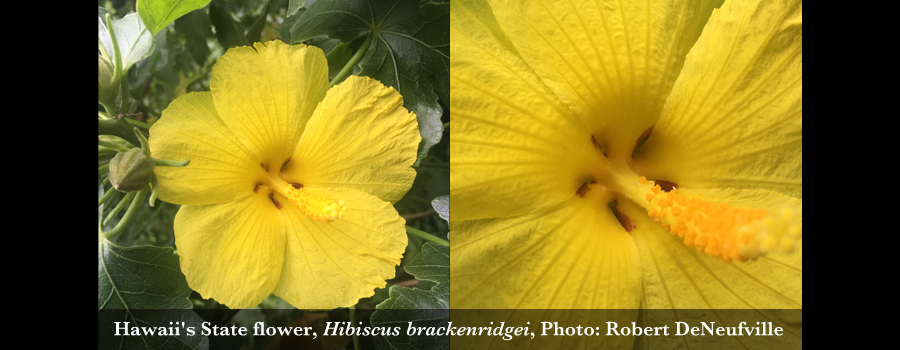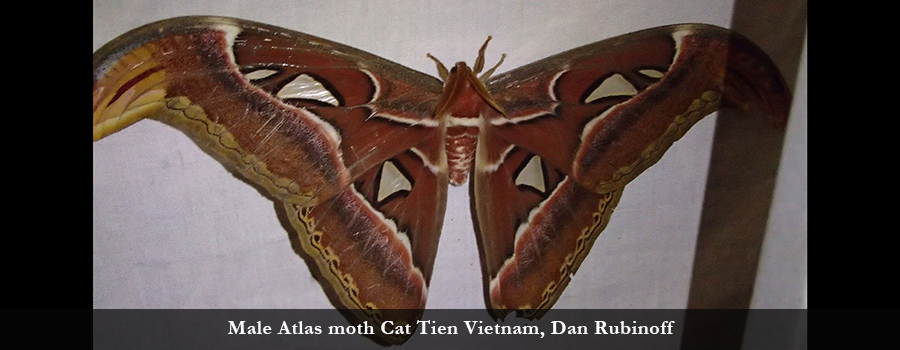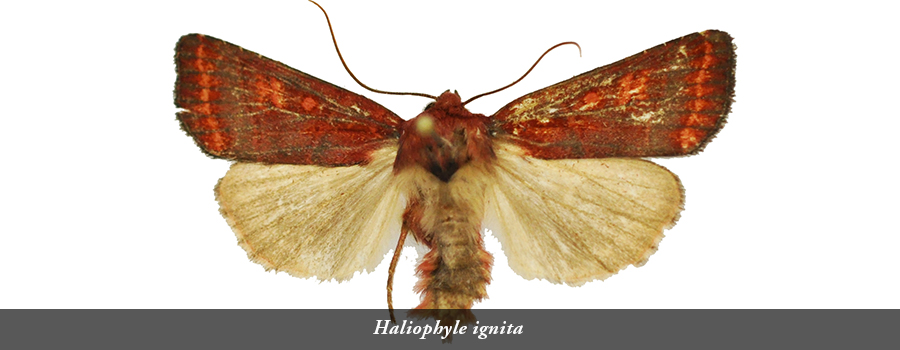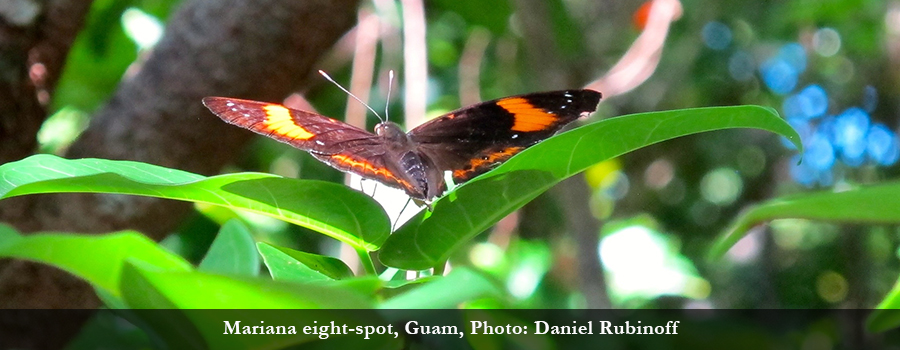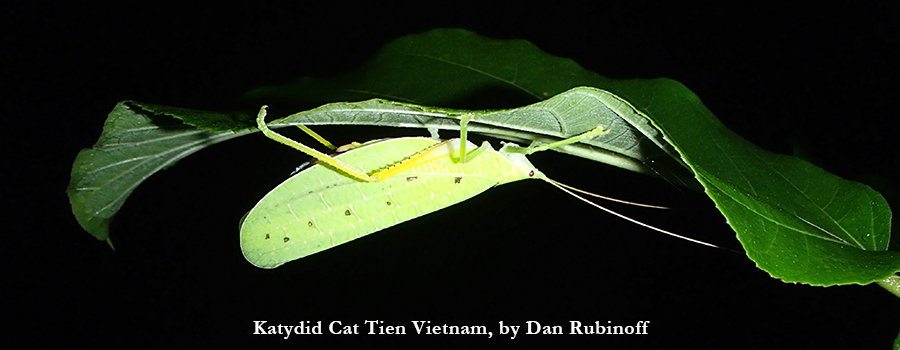Systematics is the study of the relationships between groups of any size, including species and populations. We use DNA sequence, morphological characters, and ecology to construct phylogenies for taxa of interest, and use the information to understand the processes of evolution. In addition to a better understanding of evolution, systematics is an essential tool for protecting agriculture, improving conservation, and has direct applications to medicine and the life sciences in general. In our lab, we are interested in understanding relationships between different groups of organisms at the population, species levels, and above. Our focus is on insects, but the data and theoretical basis of our research applies to all of life. By building DNA- and morphology-based phylogenies, we are able to identify new species and uncover hidden relationships and patterns between species. The current projects in our lab focus on the application of systematics to improving agriculture and conservation efforts in Hawai'i and elsewhere. |
Projects
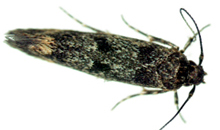 Hyposmocoma Molecular systematics and adaptive radiation of the Hawaiian endemic moth genus Hyposmocoma (Lepidoptera: Cosmopterigidae)...... more |
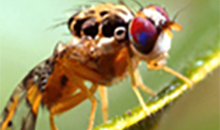 Invasive Fruit Fly Study of Attraction of Nontarget Organisms to Fruit Fly Female Attractants and Male Lures in Hawaii.... more |
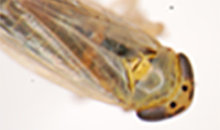 Aster Leafhopper “Macrosteles”, or 'aster leafhoppers' represent a newly introduced insect pest that has invaded O'ahu watercress crops. ...... more |
 Omiodes Moth My main focus is the evolutionary history of a radiation of moths in the genus Omiodes....... more |
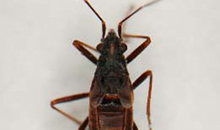 Wekiu Bug The alpine habitat on Mauna Kea represents one of the most extreme environments in the Hawaiian Islands....... more |
 Field Work Research on Oahu, Big Island, Kauai, Molokai...... more |
|
Insect Systematics and Biodiversity Principal Investigator Researchers Students Field Work For Prospective Graduate Students |
|
Projects Hyposmocoma Aster leafhopper Omiodes Moth Invasive Fruit Flies Wekiu Bug |
|
Related Links University of Hawaii Insect Museum PEPS CTAHR |
|
| © 2016 Insect Systematics and Biodiversity. All rights reserved. | ||||||
